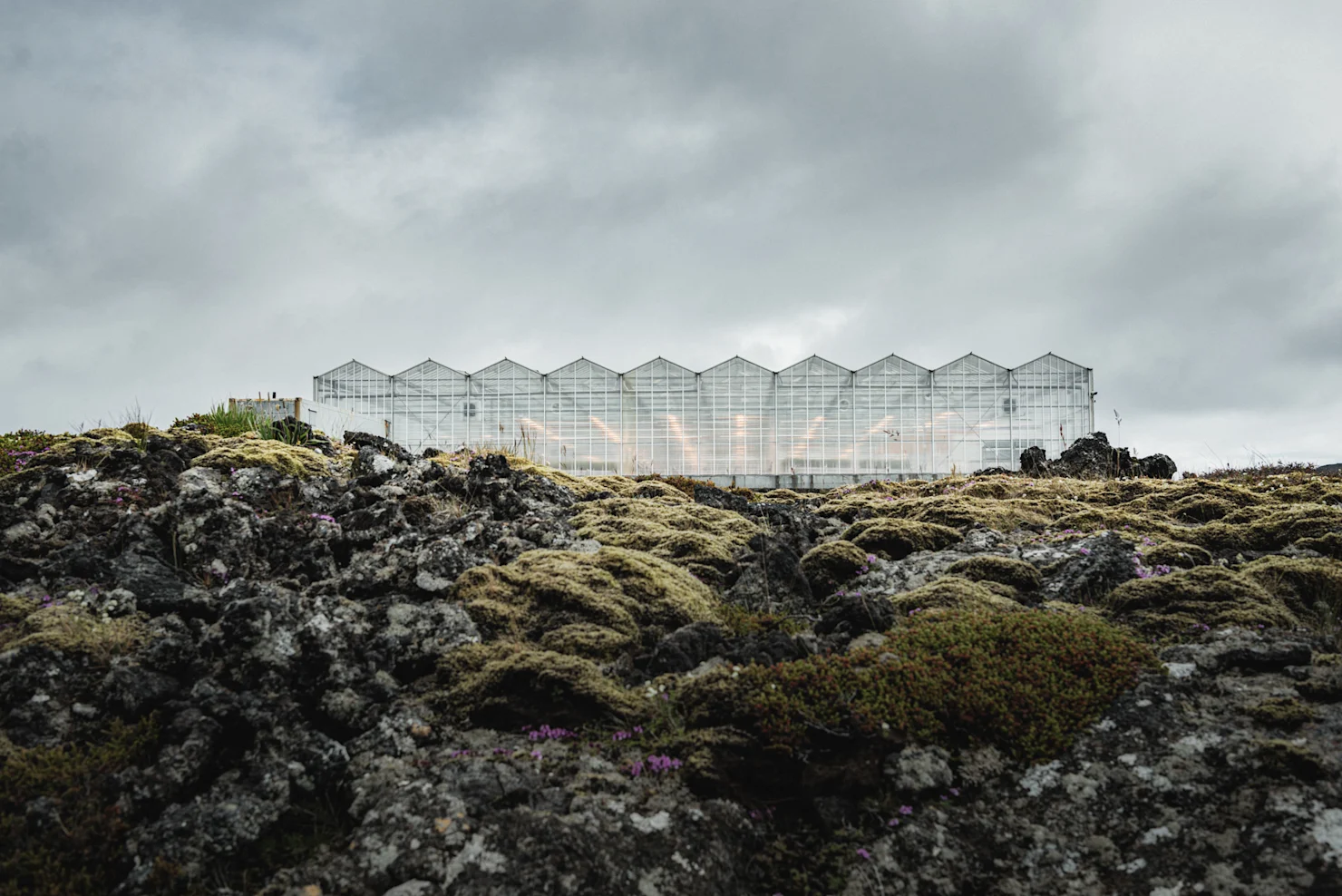Many countries are making significant progress towards achieving net zero emissions. Some Governments have set ambitious targets and implemented policies to reduce emissions across all sectors of the economy, including energy, transport, industry, and agriculture.
Surprisingly, just 18 months ago Australia was ranked 17 in a Net Zero Readiness Index (source below) behind Norway, the UK, Sweden, Denmark, Germany, France, Japan, Canada, New Zealand, Italy, South Korea, Spain, Hungary, United States of America, Singapore and Chile. The Index ‘considers 103 indicators that are key drivers to achieving Net Zero.’ This includes decarbonisation status, government action and delivery capability.
The same Index reported the following sector emissions and performance: Electricity and heat 37%, Agriculture, land use and forestry 27%, Industry 18%, Transport 16%, Buildings 2%
Despite efforts with wind and solar power, electric vehicles, cleaner production processes, carbon capture and storage technologies and sustainable farming practices, Australia still has a long way to go to achieve net zero emissions.

What can we learn from countries leading the charge?
Take advantage of a country's natural resources and use hybrid models to enhance efficacy and speed (Just like Sweden and Costa Rica)
The UN has suggested Iceland share the model they used to get to almost 100% of Iceland's electricity needs
From a policy angle, Germany was praised for has been praised for its intention of ‘the biggest energy policy reform in decades’ with ambitious goals of close to 100% renewables by 2035.
Despite being the world's largest carbon emitter, according to Climate Council, China is the world leader in wind and solar energy production. They are also one of the biggest investors in renewable energy worldwide.
A critical aspect of advancing towards net zero relies on the revision or creation of new products, services and technologies that place net zero at the centre. A trustworthy Innovation partner will allow you to move with confidence and clarity while experimenting with new business models and value propositions.
How can Hello Human help?
We collaborate with founders, executives and teams to help them to map, identify, design and test new sustainability innovations. We see beyond just the technology and focus on long-lasting results. We look at culture, embedding continual capability up-skilling, innovation systems and leading for change.
